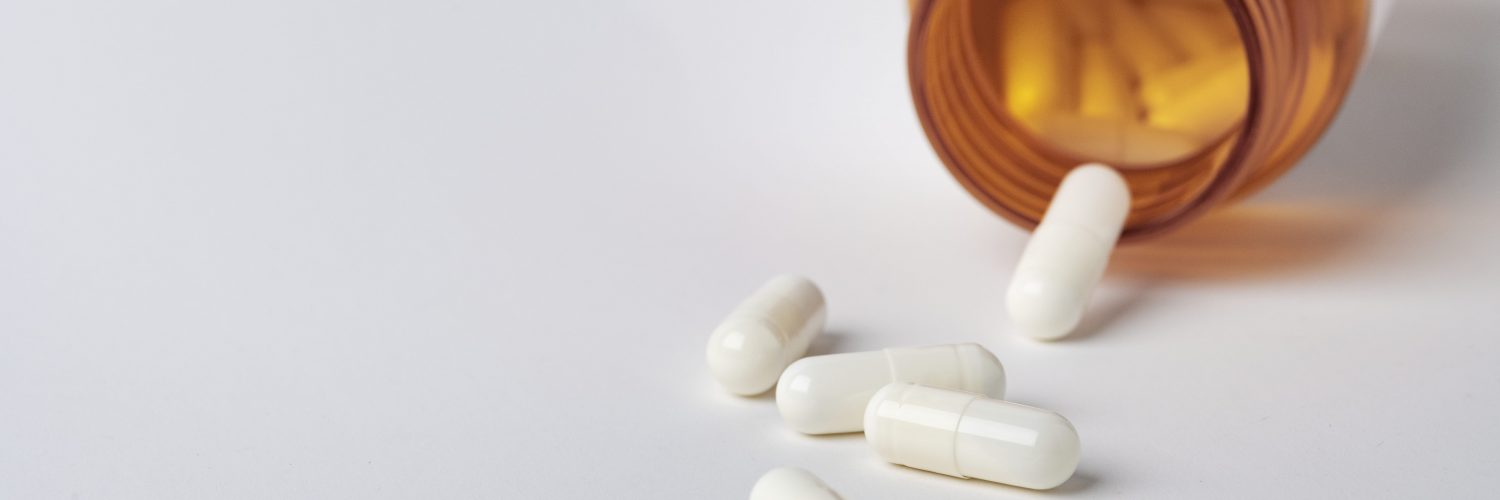Heartburn is a common ailment that can be alleviated with various treatments. Common heartburn is fleeting and easily addressed with symptomatic treatment, whereas chronic heartburn (caused by peptic ulcer disease and/or an incompetent lower esophageal stricture that allows reflux of gastric contents into the esophagus) usually requires ongoing therapy. Aside from avoiding foods and drinks that exacerbate the symptoms, these treatments include pharmaceutical medications that reduce the production of gastric acid (e.g., proton pump inhibitors) and common antacids. Some of these are taken regularly while others are taken when necessary for treatment of symptoms, for example, following a meal.
The General Prohibition
Although heartburn is unpleasant it certainly cannot be defined as an illness. It is therefore forbidden to treat it on Shabbos, like any other act of Refua that is only permitted for a Choleh sheEin Bo Sakana (Shulchan Aruch 328). It is at most considered a slight sickness (Miktzas Choli) for which taking medication is forbidden. To be considered a Choleh sheEin Bo Sakana, a person must be bedridden or feel pain in his entire body which is not the case here.
It should be noted that haGaon R’ Asher Weiss Shlit”a rules that a person who is suffering such that he cannot fall asleep at night and cannot function at all is considered bedridden. Thus, someone who cannot fall asleep due to severe nasal congestion may use a nasal spray on Shabbos.
In my opinion, a person who suffers from chronic heartburn may also reach that state. If he is suffering and cannot function [normally], he may take his medication. However, one may not take medication in regular cases of heartburn that do not cause intense or debilitating suffering.
The prohibition also applies to medications in the form of candies. This is because only those suffering from heartburn take such medication, despite their pleasant taste, constituting Refua (seeMishna Berura 328:105).
Ongoing Treatment
Despite the above, if a person takes medications daily, he may take them on Shabbos (Shemiras Shabbos Kehilchasa 34:4).
As mentioned, there are additional methods used to treat heartburn, including eating certain foods that alleviate the pain. Among these items are regular foods and drinks that people commonly consume, as well as foods or beverages designed for heartburn that nobody would eat or drink if they were not suffering. These two categories are subject to different Halachos.
For example, many people find drinking a mixture of baking soda and water effective for symptomatic relief. This would definitely be considered a medication as nobody drinks such a concoction for pleasure. Therefore, the Shemiras Shabbos Kehilchasa (ibid.) and Orchos Shabbos (2:20:144) prohibit its usage. However, they rule that it is permissible in cases of great need, provided that it was prepared before Shabbos.
This Halacha is based on the Shulchan Aruch (328:21) who rules that a person may apply Kilorin (collyrium)[1] to his eyes on Shabbos as long as he had soaked the ingredients before Shabbos. This is because neither he nor any onlookers will come to transgress the prohibition of crushing medicinal herbs (the original concern of taking medications on Shabbos). Those who see the mixture on Shabbos will not think it is a medication since it does not look like one, and the patient must prepare the mixture before Shabbos which acts as a Heker[2] for him. This Heter similarly applies to the case of baking soda.
If a person did not prepare the mixture before Shabbos, he may mix it with a Shinui in case of great need. For example, he could pour the baking soda into a cup of tea (Shemiras Shabbos Kehilchasa ibid. and footnote 22 ibid.).
Foods that are commonly consumed by the general populace, such as almonds, soda, milk, etc. may be consumed Lechatchila on Shabbos to alleviate heartburn. This is because any standard food item is permissible to be eaten on Shabbos even when used as a medication.[3]
[1] [Editor’s note: Collyrium is an ancient term for a lotion or liquid used to clean the eyes, particularly in the setting of eye disease.]
[2] Distinction
[3] See Mishnayos Shabbos 14:3 and Shulchan Aruch O.C. 328:37.












Add comment